Welcome to my blog!
Every morning, I begin with a cup of coffee and 15 minutes of free thinking. I write down everything that comes to mind, from new ideas to thoughts that emerged overnight. This is where I develop and refine my new research. You'll find some repetition and ideas still in progress. Some might seem unusual or unclear at first, but that's part of the journey! I'm excited to share how my ideas form and evolve.
Neutrality vs Equality vs Equity
This post explores the distinctions between neutrality, equality, and equity in logical discourse, emphasizing the importance of creating a fair and inclusive space for dialectical enquiry. While neutrality aims for equal treatment, true equity ensures that all voices are heard and valued, preventing the erasure of marginalized perspectives.
In Logic in the Wild, I present logic as the guardian of coherence and compliment it for providing a “neutral space of dialectical enquiry.” Guarding coherence requires attention to structure and reasoning rather than belief and content. Engaging in a neutral space of dialectical enquiry is to focus on coherence rather than content when contemplating various perspectives on the same issue, alone or with others. Focus on how they reason, not what they believe. Being neutral means, in particular, that no one’s opinion or belief is imposed on the space, that no one is forced to accept as true what they don’t believe in.
Engaging neutrally requires the suspension of strong opinions and beliefs for the sake of the enquiry. If, when engaging with fiction, the audience is sometimes required to suspend disbelief, which means accepting things they wouldn’t accept in real life, such as superheroes, monsters, or interstellar space travel (do you believe in it?), suspending belief in a dialectical space is not similarly being more gullible, but rather suppressing one’s beliefs unless they can be justified and shared. If you want others to adopt a belief in a neutral space, you need to motivate and argue for it. How does it benefit others in the same space? How is it better for the group? And if others have views they want to support, hear them out with a charitable ear, seeking coherence and conciliation.
That’s the positive side of neutrality, that it allows us to play on an equal field, one in which everyone is treated equally. Equality, however, doesn’t guarantee equity. That’s true in real life, that even though we pretend that everyone has equal opportunity in society, only some achieve fair outcomes, sometimes because of luck and hard work, but most often because of their situation in society, which allows them to ignore or overcome barriers that stop others not similarly situated.
I believe the same can happen in a dialectical enquiry, that imposing neutrality without concern for fairness leads to an equal but non-equitable space. Some need to give up a lot more than others to enter that space, their voices get silenced because they can’t find a neutral way to express them, and their identity gets erased and so do the richness and wisdom of what they have to contribute. This can indeed happen deep in accepted standards of reasoning, which favor orthodoxy over difference by seeking equality, thus failing to achieve equity and fairness.
Is There Such a Thing as Neutrality in Logic?
This blog post challenges the traditional view of a singular, universal logic, exploring the nuances of neutrality in logical enquiry and the dynamic, context-dependent nature of logical application.
If logic provides a "neutral space of dialectical enquiry", but neutrality can vary with each space of enquiry, is there really such a thing as neutrality? Is neutrality something that allows degrees, that permits variation? An orthodox view, one dominant in the twentieth century, is that there’s only one logic; one logic to rule them all. That logic is universal and neutral. It is universal because it applies to everything, and it is neutral because it isn’t affected by content. When I talk about a neutral space of dialectical enquiry in Logic in the Wild, I’m inspired by this orthodox view. I’m inspired by it, but I’m not bound by it and ultimately, I come to reject it.
I reject it because I believe logic is much more than what twentieth-century mathematicians have reduced it to. I reject it because the standards of reasoning they've adopted are not suitable for all spaces of enquiry. I also reject the orthodox logic of the twentieth century because it fails to recognize coherence amidst the weird, the absurd, the inconsistent, or the paradoxical. The logic of the twentieth century is too intolerant to serve practical purposes across a wider range of applications.
Although I don’t discuss this in Logic in the Wild, I've defended logical nihilism in previous blog posts. Logical nihilism is the view that there are no universal laws of logic. This perspective directly challenges the idea that logic offers a neutral space for dialectical enquiry. What kind of neutrality are we referring to if there isn’t a universal logic to regulate neutrality, if there are no laws of logic at all? This raises doubts about the very possibility of a neutral space of dialectical enquiry. What does neutrality mean if there's no universal logic to govern it, if logic itself has no laws? This could imply the non-existence of a truly neutral logical space. So, what role does logic play? Is it merely to assess argument coherence, or does it still delineate practical boundaries for deliberation?
I maintain that neutrality is crucial for logic's application, yet it's a complex, multifaceted concept rather than a straightforward one. Neutrality must be negotiated within each space of enquiry, potentially evolving as discussions progress. The use of "neutral space" in my discussion might suggest a singularity in logical spaces of enquiry, a misunderstanding I hope to clarify here. Just as stating "flying provides a means of transportation" doesn't imply only one way to fly, or saying "a cat purrs when content" doesn't mean there's only one cat, so too does my reference to logic's provision of a neutral space not denote a singular mode of enquiry. Logic, in its practical role during deliberation (alongside guarding coherence), aims for neutrality that adapts to the context of each enquiry.
Finding Neutrality in Logic's Dialectical Enquiry
What does it mean for logic to provide a neutral space of enquiry, and can it truly achieve this? This blog post explores the concept of dialectical enquiry in logic, examining the pursuit of neutrality among diverse viewpoints and the challenges in sustaining it.
In Logic in the Wild, I discuss the notion of logic providing a “neutral space of dialectical enquiry”. By neutrality, I mean a focus on coherence rather than cogency—on logic instead of truth. This approach refrains from prioritizing any content over another. For example, when deliberating on human origins, excluding creationist arguments for solely scientific ones disrupts neutrality, as does mandating a divine explanation alongside scientific discussions. Logic itself does not resolve the existence of God or the exclusion of divinity by scientific methods. This goes beyond the purview of logic, going into content-specific debates.
In Logic in the Wild, I emphasise logic as creating a "neutral space of dialectical enquiry," where the focus is on coherence rather than cogency, meaning the logical structure takes precedence over the pursuit of truth. This seeks to ensure no particular content is favored over another. For instance, if a discussion on human origins excludes creationist viewpoints solely for scientific evidence, or conversely, necessitates divine explanation alongside scientific theories, then the space ceases to be neutral. Logic, in my exploration, does not settle debates about the existence of God or the exclusion of such notions by science, as these discussions extend beyond logic's scope into content-specific arguments. One might wonder, "Why not consider truth?" To this, I offer several practical responses in the book, illustrating the benefits of shifting deliberation within communities from the content of beliefs to their logical integrity.
However, is it possible for an inquiry to remain truly neutral? And can such neutrality extend to the standards of coherence recognized in deliberation? The spectrum of reasoning standards—from mathematical validity and legal "beyond reasonable doubt" to probabilistic reasoning—complicates this neutrality. If only valid reasoning is permissible, debates on topics like creationism versus evolution struggle to commence, as neither side can conclusively "prove" their stance. Conversely, overly lenient standards hinder progress by allowing both sides to construct seemingly coherent arguments.
Identifying the optimal balance for deliberation demands a careful navigation between dogmatic insistence and gullible acceptance. It involves finding a middle ground that promotes meaningful discourse without sacrificing the integrity of logical exploration, all the while maintaining neutrality.
Logic and the Pursuit of Equality: A Critical Examination
In this post, we examine abstract equality through logic and its potential to overlook the experiences of marginalized groups.
In his recent "State of the Nation" address on January 28, New Zealand ACT leader David Seymour, a part of the current government coalition, emphasized the importance of treating all individuals equally as human beings. He stated, "We accept that if government policy doesn't treat all people equally as human beings, then we will gradually find division becomes the norm." He also expressed his belief in "universal humanity," emphasizing the same rights and dignities for every person and highlighting its role in historical social rights movements such as votes for women, the civil rights movement in America, and the end of apartheid in South Africa, among others.
While I won't delve into the idea that "universal humanity" has driven social rights movements, I'm interested in exploring the concept of abstract equality. This is significant because logic provides a framework for articulating how abstract equality can be achieved through neutrality.
In "Logic in the Wild," I defend the perspective that logic acts as the "guardian of coherence" and offers a "neutral space of dialectical enquiry." Neutrality, in the context of logic, implies detachment from content, enabling us to focus on the structural aspects of arguments, beliefs, or theories independently of their subject matter. Being logical doesn't hinge on truth, reasonableness, or sensibility; rather, it demands that beliefs are held coherently.
Seeking neutrality in communication and within the community holds numerous practical advantages. Neutrality facilitates abstraction, leading to universality and generality. Logically true statements, or tautologies, are assertions that cannot possibly be false, such as the claim that everything is either human or not. While this logical lens may render everything equal, it also strips away richness and diversity.
However, the challenge arises when we attempt to achieve social equality solely through abstraction and neutrality. This approach risks erasing the specific experiences of marginalized groups, those that are often subjugated under the banner of "universal humanity." While individuals like Seymour, positioned in places of power, may see equality through neutrality as a liberating force for fairness and justice, their own identities remain largely intact in this pursuit. This is because they already enjoy the "same rights and dignities" that they believe should be extended to everyone.
I have concerns about the rhetoric of equality used by politicians who advocate for erasing identities as the path to a just society. This approach may inadvertently overlook the unique challenges faced by marginalized communities. Achieving true equality requires us to navigate the delicate balance between embracing universality and acknowledging the importance of individual identities and experiences.
"Kiwi before iwi": Exploring Logic and Identity in New Zealand's Political Landscape
This post explores the tension between logical neutrality and the erasure of individual identities in New Zealand's political landscape, examining the implications for Māori communities.
This weekend, a significant gathering occurred: a hui attended by 10,000 people, convened by Kiingi Tuheitia, the Māori King. The purpose was to address the Coalition Government's policies on te reo and the Treaty of Waitangi. NZ First MP Shane Jones made a statement to Newshub: "The Government is focused on the interests of every single Kiwi rather than every single iwi." This sentiment echoes the old dichotomy of “Kiwi vs iwi” or “Kiwi before iwi”.
In my book, "Logic in the Wild," I argue that logic provides a neutral space for dialectical inquiry. However, there's a darker aspect to this abstraction: it can lead to the erasure of individual identities. The National government's stance of governing for “every” Kiwi ostensibly aims to unite rather than divide, suggesting that equality at the individual level avoids exclusion or favouritism. In logical terms, when the government speaks of “every Kiwi”, they are quantifying over individuals. To attain equality at this granular level, individuals must be rendered as neutral as possible.
As a logician, I am well-versed in this practice of generalising across domains. Logic aims for such a degree of generality that the entities within its domains of quantification become arbitrary. This is akin to a method in science, which I discuss in "Logic in The Wild," called ceteris paribus reasoning. This method abstracts away from interfering factors when formulating laws. For example, when Newton formulated his laws of motion, he idealised the scenario to just two bodies, a “sun” and a “planet,” treating them as mathematical points rather than celestial bodies.
This approach, while achieving generality, necessitates the erasure of individual specificity, treating entities as mere points. Members of parliament who advocate for an individualistic neo-liberal society find comfort in this “every Kiwi” domain, as their identity and social circumstances already align with the required neutrality. However, the challenges faced by iwis and Māori in our society are not evenly distributed among individuals. Systemic oppression manifests in various forms – poverty, health issues, substance abuse, severe mental health problems – and these are not uniformly experienced. This oppression cannot be reduced to the sum of individual experiences; it operates at a group level.
Thus, striving for neutrality at the individual level, as encapsulated in the phrase “every Kiwi”, inadvertently suppresses the recognition of oppression that affects iwis. It erases identities that are crucial to understanding the lived experiences of those facing oppression, forcing them into a framework of neutrality that is alien to their reality.
Logical Nihilism: Rehabilitating the Concept of Neutrality in Logic
This post explores how logical nihilism reinterprets traditional logic, presenting a novel approach to neutrality in logical discourse and its impact on dialectical spaces.
And we're back to discussing logical nihilism. Let's explore whether logical nihilism can alleviate the tension at the foundations of logical thinking and the shortcomings of neutrality in ensuring equality within a dialectical space of enquiry. In the context of the philosophy of logic, 'nihilism' is a technical term. It's distinct from the general definition of 'nihilism,' which, according to my dictionary, means "the rejection of all religious and moral principles, in the belief that life is meaningless." Logical nihilism doesn't concern religious or moral beliefs.
My thesaurus first lists synonyms for nihilism as "negativity, cynicism, pessimism; rejection, repudiation, renunciation, denial, abnegation; disbelief, non-belief, unbelief, scepticism, lack of conviction, absence of moral values, agnosticism, atheism, non-theism." The second batch of synonyms includes "anarchy, disorder, chaos, absence of government, lawlessness, mobocracy." Both sets of terms paint nihilism in a rather negative light, something humorously portrayed in The Big Lebowski. None of these seems directly relevant to addressing issues of equity in dialectical spaces. However, it's this second set that brings us closer to understanding logical nihilism, not through the concept of anarchism, which tends to inflate egotism, but rather through the idea of lawlessness. Logical nihilism posits that there are no inherent laws of logic. Each time I mention this, I instinctively wonder: “But what remains of logic if there are no laws?” considering logic is fundamentally about “the laws of thought.” This concept is deeply ingrained, asserting that logic is universally applicable, its laws holding true regardless of context, implying its neutrality.
Embracing logical nihilism means challenging the very idea that logic is neutral. But in my work, "Logic in the Wild," don't I argue that logic facilitates a neutral space for dialectical enquiry? Indeed, because logic excels at this! However, I don't assert that this space remains identical across all dialectical endeavors. Logic, acting as the guardian of coherence, applies different standards in varied contexts. In mathematics, 'consistency' measures coherence, while 'beyond reasonable doubt' sets the standard in legal proceedings. Meanwhile, probability and statistics play a crucial role in guiding policy-making, particularly in fields such as public health and economics. Thus, each context demands a unique measure of coherence, leading to distinct interpretations of neutrality.
Contrary to the belief that there's a singular, all-encompassing logic, logical nihilism advocates for a more flexible approach to logical practice, allowing for nuanced expectations regarding neutrality. By accepting the negotiability of neutrality at the core of our thinking, we reopen the possibility of addressing issues of equity. Far from being a radical rejection of logic as meaningless, logical nihilism invites us into richer, more constructive dialectical spaces of enquiry. It encourages participants to engage more deeply and constructively. That, at least, is my hope.
Logic, Impartiality, and the Human Mind: Navigating Biases and Reflexes
This post explores the concept of impartiality in logic and human thought, examining our inherent biases and how we can strive for a balanced approach to decision-making.
Can we ever truly achieve impartiality? Is it possible for logic to be completely neutral? These questions provoke profound reflection on the nature of our thinking processes. To become impartial, one must grow up free from biases, prejudices, and partisanship. This means not only refraining from or correcting sources of impartiality but being fundamentally impartial at the core. Given our human nature, this seems an improbable goal.
Biases and prejudices are embedded in our psychology, influencing our daily thoughts, interactions, and even how we form relationships and communities. In "Logic in the Wild," I discuss the concept of mental reflexes, drawing an analogy to physical reflexes like the flinch response. Boxers, for example, can learn to reduce but never fully eliminate this reflex. Similarly, our mental reflexes are deeply ingrained.
Psychologists Daniel Kahneman and Amos Tversky developed a theory around our psychological systems, labeling them as System 1 and System 2. System 1 is responsible for fast, unfiltered thinking, aiding in quick decision-making. System 2, on the other hand, is slower, geared towards problem-solving and deeper thought. Understanding and balancing these two systems is crucial, whether in situations requiring rapid decisions (like playing tennis) or those demanding careful consideration (such as deciding to propose to a partner).
The key isn't to suppress System 1 entirely; in fact, sometimes it's quite the opposite. For instance, quick thinking is essential when dodging an obstacle while cycling. We should embrace mental reflexes but not be enslaved by them. However, as I discuss in the book, even System 2 is fallible. Thinking slowly doesn't necessarily equate to thinking truthfully or coherently. Hence, I advocate for logic as a 'slower' system of thinking, System 3, one that not only circumvents mental reflexes but also addresses illogical patterns inherent in System 2.
Judges, perhaps, exemplify individuals who effectively utilize what could be termed Systems 2 and 3. They strive not to eliminate their biases and System 1 thinking but to ensure their decisions are justified independently of these influences. They are capable of ruling against their mental reflexes and instincts in such a manner that a third party could understand their decision-making process without any insight into the judge's personal biases. The goal, therefore, is not to eradicate biases but to act in ways that are informed by them only when necessary or appropriate.
Regarding neutrality, I propose a similar approach. Instead of striving for a logical mode of inquiry completely detached from content, logical praxis requires us to guard coherence in a way that is neutral with respect to content. It's essential to recognize, however, that logic itself is not entirely neutral. Logic is built upon fundamental assumptions, manifesting as rules of thought or laws about truth, that are intrinsic to its evaluative standards. These assumptions, akin to biases and mental reflexes, are elements we can't completely eliminate but can learn to navigate. Just as we acknowledge and work with our biases and reflexes, we must do the same with these logical underpinnings. This recognition doesn't undermine logic; rather, it enhances our understanding and application of it. Therefore, neutrality in logic isn't an absolutely inherent quality. Logic provides the means to guard coherence, aiming to achieve the appropriate level of neutrality in our space of inquiry.
What do you reckon?
Neutrality Against Equality: A Dialectical Dilemma
How does the neutrality of logic fail to produce equality in dialectical enquiry?
In yesterday's post, I raised a question: does the neutrality or even impartiality of a dialectical space of enquiry necessarily lead to equality? This is a question worth delving deeper into. Let's consider this: How can a neutral and impartial dialectical practice possibly not treat its participants equally? Or, more specifically, how can such a practice fail to offer equal access to enquiry despite its neutrality and impartiality?
Initially, I treated neutrality and impartiality together to contrast them with the concept of equality, noting their distinct roles in dialectical spaces. It's crucial to distinguish between these terms to avoid potential misinterpretation. Impartiality primarily concerns the behavior and psychology of the interlocutors — their capacity to identify and mitigate their own biases and prejudices in judgment. It speaks more to the dynamics between individuals rather than to the inherent qualities of the enquiry space itself. Neutrality, in contrast, can be inherent to the space of enquiry itself, serving as a characteristic that emphasizes logical structure over content. This distinction underscores that while impartiality is about people and their interactions, neutrality is about the very nature of the enquiry space. Recognizing the importance of this distinction, my focus will be primarily on exploring the concept of neutrality and its implications.
The critical question then becomes: How can a neutral dialectical practice fail to provide equal access to enquiry? The type of neutrality in question here is that offered by logic, which involves abstracting from the content of beliefs or theories and concentrating on structure. As I argue in "Logic in the Wild," maintaining coherence neutrally means seeking good logical patterns in reasoning, regardless of content. Examples abound where arguments are logical, irrespective of whether their components are true or false. In theory, as long as the enquiry is predominantly logical, any content is permissible. This includes everything from ancient optics, which visualized beams emanating from the eyes to perceive the world, to alien abduction narratives, all of which can be as logically coherent as the most established modern scientific theories. How then does this not foster equality?
There are two key ways this occurs:
1. Insights from critical theory (encompassing feminism, queer theory, race theory, and post-colonial theory) suggest that societal biases are so pervasive and systematic that they lead practitioners to believe they are reasoning without assumptions, when in fact they are enforcing deep-rooted doxastic commitments in their dialectical enquiry.
2. Logic itself harbors inherent assumptions in the rules and laws it upholds, potentially creating a form of epistemic injustice by disallowing views that challenge these assumptions. A notable example from recent decades is the emergence of paraconsistent logics, which accommodate inconsistent theories. Orthodox twentieth-century logic equates inconsistency with triviality — an ultimate absurdity. However, scholars exploring indigenous philosophies have recognized that these worldviews often necessitate a tolerance for some inconsistency due to the conceptual spaces in which they operate. If a dialectical space of enquiry does not accommodate inconsistency due to its logical standards, despite claiming neutrality, it risks excluding alternative conceptual frameworks under the guise of triviality. This exclusion inevitably leads to inequality.
This issue presents a profound challenge. The rise of paraconsistent logics, which permit inconsistency, starkly contrasts with the orthodox view of twentieth-century logic where inconsistency was synonymous with triviality. This shift is significant, especially for scholars interpreting indigenous philosophies. These philosophies often require an acceptance of certain inconsistencies, which traditional logical frameworks might dismiss as trivial. If our dialectical spaces, governed by these orthodox logical standards, reject inconsistency, they inadvertently marginalize these alternative conceptual frameworks, perpetuating inequality.
Such a scenario illustrates a deep and ongoing problem in the field of logical enquiry: the potential for epistemic injustice rooted in the very foundations of logic. This is a dilemma that will continue to engage and challenge my thoughts for some time to come.
Neutrality and Impartiality in Logic: A Quest for Equality in Dialectical Spaces
Do the principles of neutrality and impartiality in logical discourse foster equality in the realm of dialectical inquiry?
Today, I aim to discuss the concepts of neutrality, impartiality, and equality. Neutrality and impartiality share a closer relationship than they do with equality. In the realm of logic, my inquiry centers on whether these two principles engender equality, particularly within a dialectical space of enquiry. Curious about what constitutes a dialectical space of enquiry? Discover more in my book, "Logic in the Wild."
My focus here is a conceptual analysis centered on logic. Neutrality pertains to refraining from taking sides and maintaining a distance from the content of arguments. Within a dialectical context, where various perspectives undergo scrutiny, logic seeks neutrality. This neutrality is not about the truth of claims but rather the coherence of different beliefs or theories. It concentrates on the structure of thought, disregarding the content or truth of the arguments. Consider, for instance, a debate on intelligent design versus the multi-verse theory. Logic remains neutral between the existence of God or the multi-verse. It seeks to discern which theory better accounts for the facts, not which is true. The question of existence is undoubtedly significant and intriguing; however, it falls outside the purview of logic, particularly since proving the existence of God or a multi-verse is exceptionally challenging.
Impartiality, on the other hand, is more pragmatic. It involves fairness and unbiased judgment or decision-making. Logic aids in this regard not by prescribing actions or judgments, but by fostering coherence in thought processes. Impartiality endeavors to avoid presumptions about content, not only concerning the truth of the content but also any value judgments, such as those on a good-bad spectrum. If the content of a decision or judgment involves individuals, impartiality aims for equitable treatment. Thus, neutrality is more theoretical, while impartiality is more practical.
Now, let's consider equality. Here, we shift our focus from the application of logic in a neutral or impartial manner to the subjects of inquiry and whether they are treated equally. The concept of equality is indeed nebulous. What does it mean to treat God and the multi-verse equally? Is one being a scientific hypothesis a factor of superiority? How do we equate theological and scientific hypotheses? These questions are challenging to answer, particularly given the partial attitudes of both theists and atheists.
I'm not here to resolve this debate. Rather, my question is whether neutrality and impartiality in logical interactions within a community, particularly in the dialectical space of enquiry, lead to equality. Does the theoretical neutrality of logic, coupled with its purportedly impartial application, ensure equality in outcomes? This is a question that I will continue to ponder in the times ahead.
Logic at the Rescue of Empathy: Navigating Societal Divides
This post examines the challenging demands of empathy in a polarized world and proposes logic as a vital tool to bridge understanding and foster empathy amidst diverse viewpoints.
The world is increasingly becoming divided, with each of us drifting further apart, quick to judge and categorize others. Social media has exacerbated this issue, creating echo chambers that resemble small fiefdoms of personal beliefs. Barack Obama once pointed out the crucial need for empathy in healing our fragmented world. In an interview, he highlighted the absence of empathy, noting that regardless of our differences, we all face similar challenges: raising and loving our families, earning a living, and maintaining our health. This idea transcends the divides in our polarized society. Even those who seem diametrically opposed to us share fundamental human needs like family, sleep, food, and employment.
The Obamas' latest film production echoes this theme, depicting an America torn apart by societal polarization. A pivotal scene features a survivalist and a person of color in a standoff, with a potentially violent outcome looming. However, an academic intervenes, urging the survivalist to recognize their shared humanity, their mutual need to protect and care for their families. This moment underlines the potential of empathy as a tool for mending societal rifts.
But is empathy alone the solution to our fragmented society? In theory, yes, but in practice, it may be too demanding. Empathy requires us to fully share in another's feelings, a challenging feat. For example, observing the new coalition forming the New Zealand government – comprising conservatives, neoliberals, and demagogues – I find it impossible to empathize with their perspectives. Their views on the country's direction evoke feelings of disgust in me, especially when considering Winston Peters's contempt for dissenting opinions. Sympathy, defined as feeling pity for someone else's misfortune, also doesn't apply here.
What remains, then, is logic. In Logic in the Wild, I argue that logic provides a neutral ground for dialectical inquiry. It enables us to engage with differing viewpoints and find common interests, decisions, or beliefs without the necessity of shared emotions. Logic allows us to appreciate Obama's insight: despite our ideological or cultural differences, we have more in common than we might realize. It requires us to suspend personal beliefs and strive for constructive communication. While Obama is right in advocating for more empathy, we don't necessarily need to transform everyone into empaths. Instead, recognizing the unifying power of logic can be a first step toward finding common ground amidst differences. Perhaps logical interaction within the community can even pave the way toward developing empathy. Let's give logic a chance!



















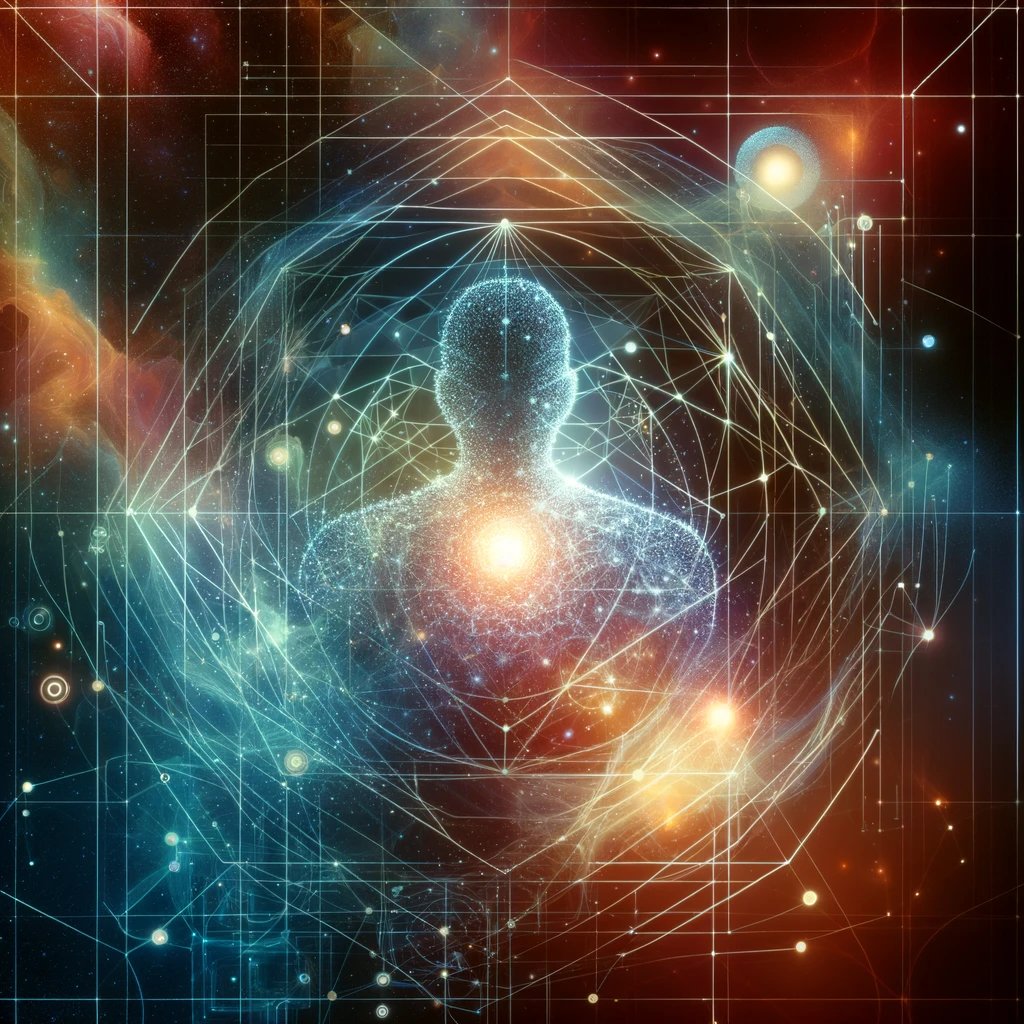
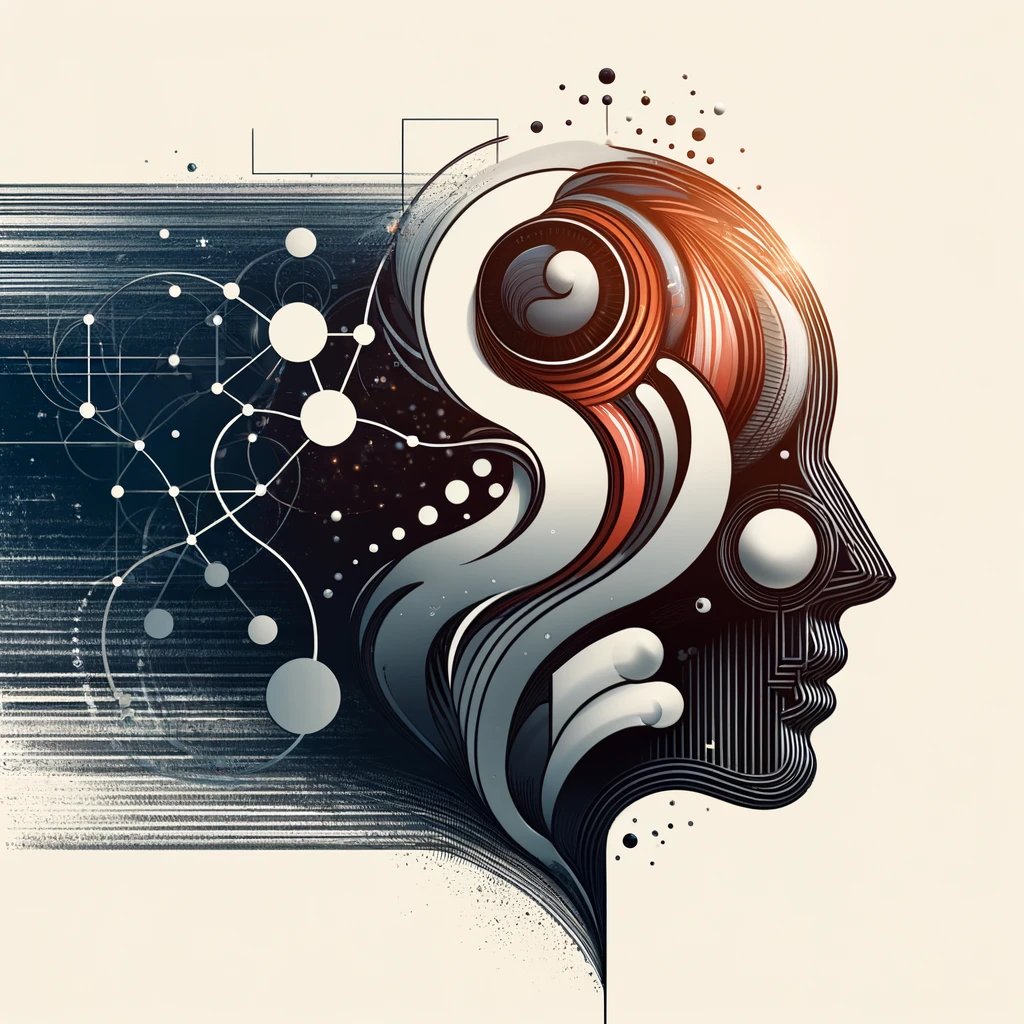



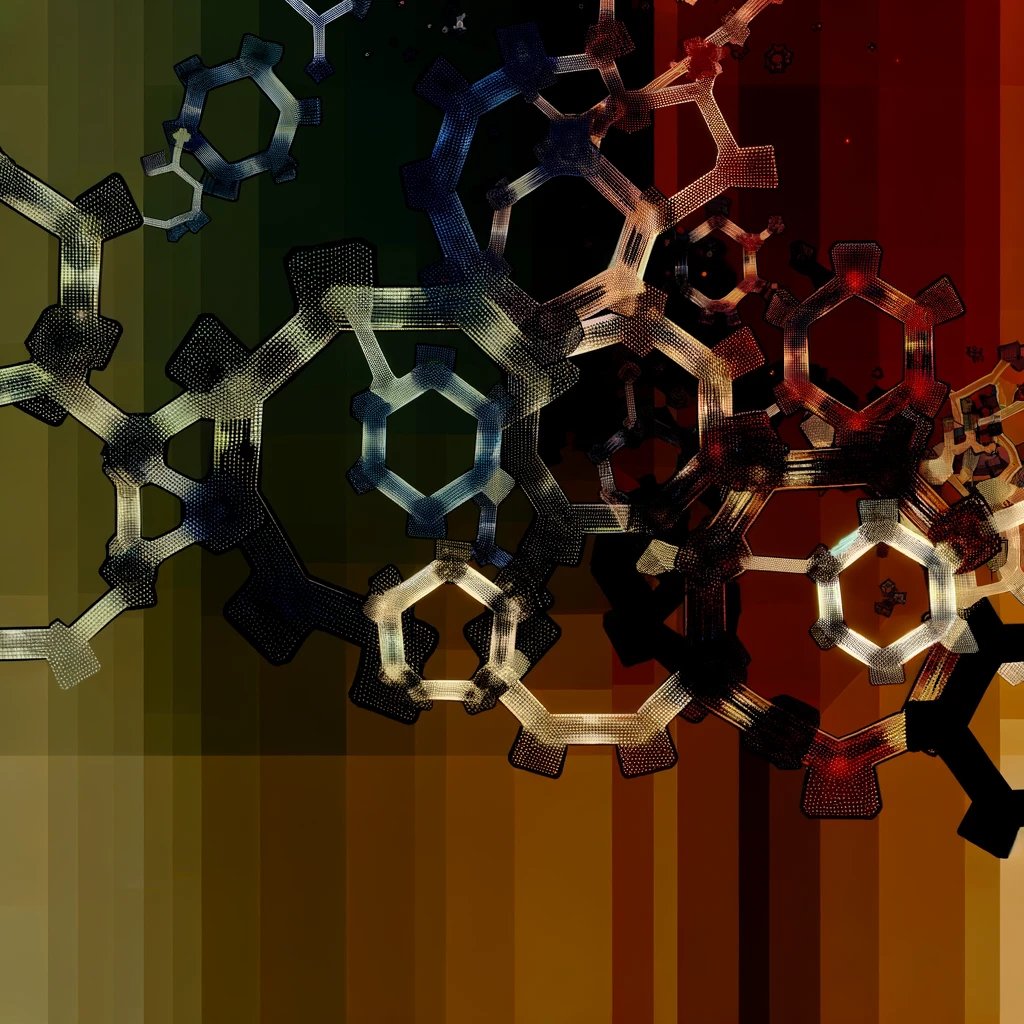


































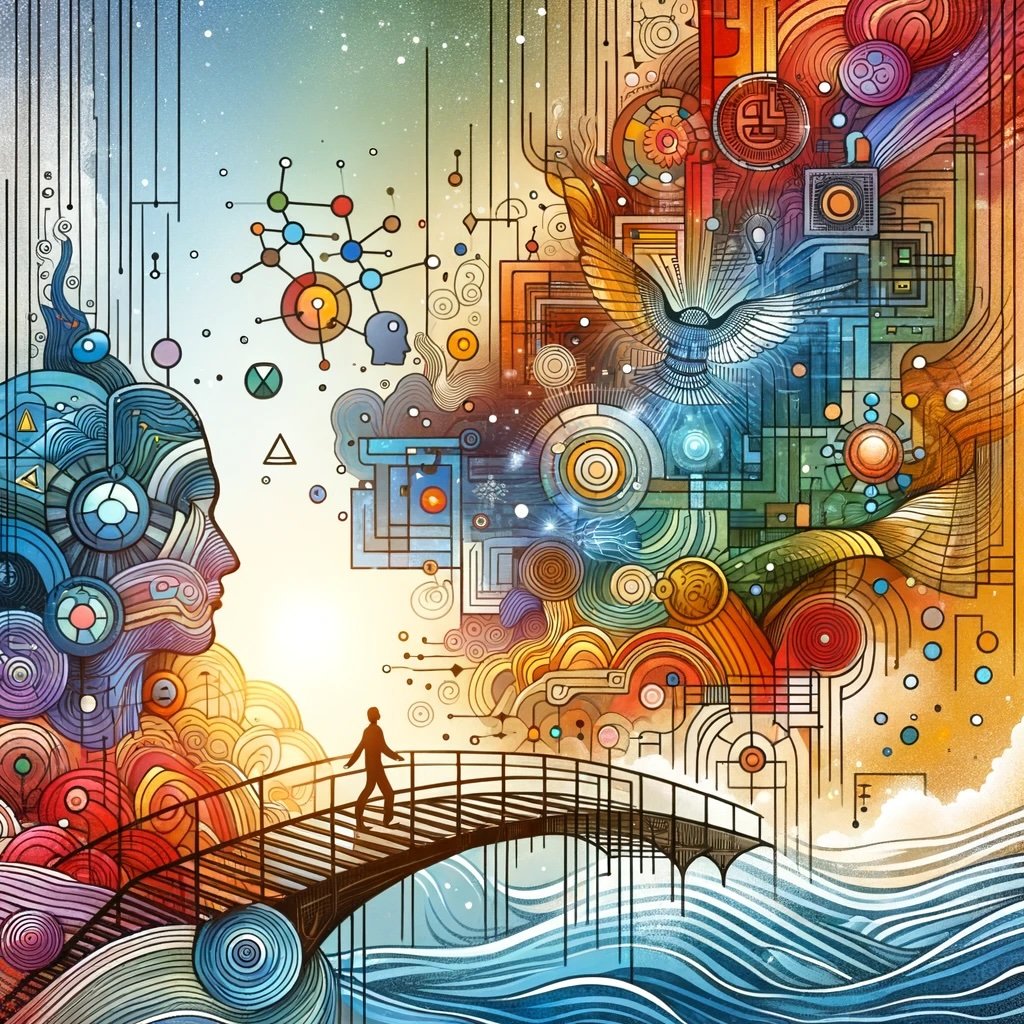














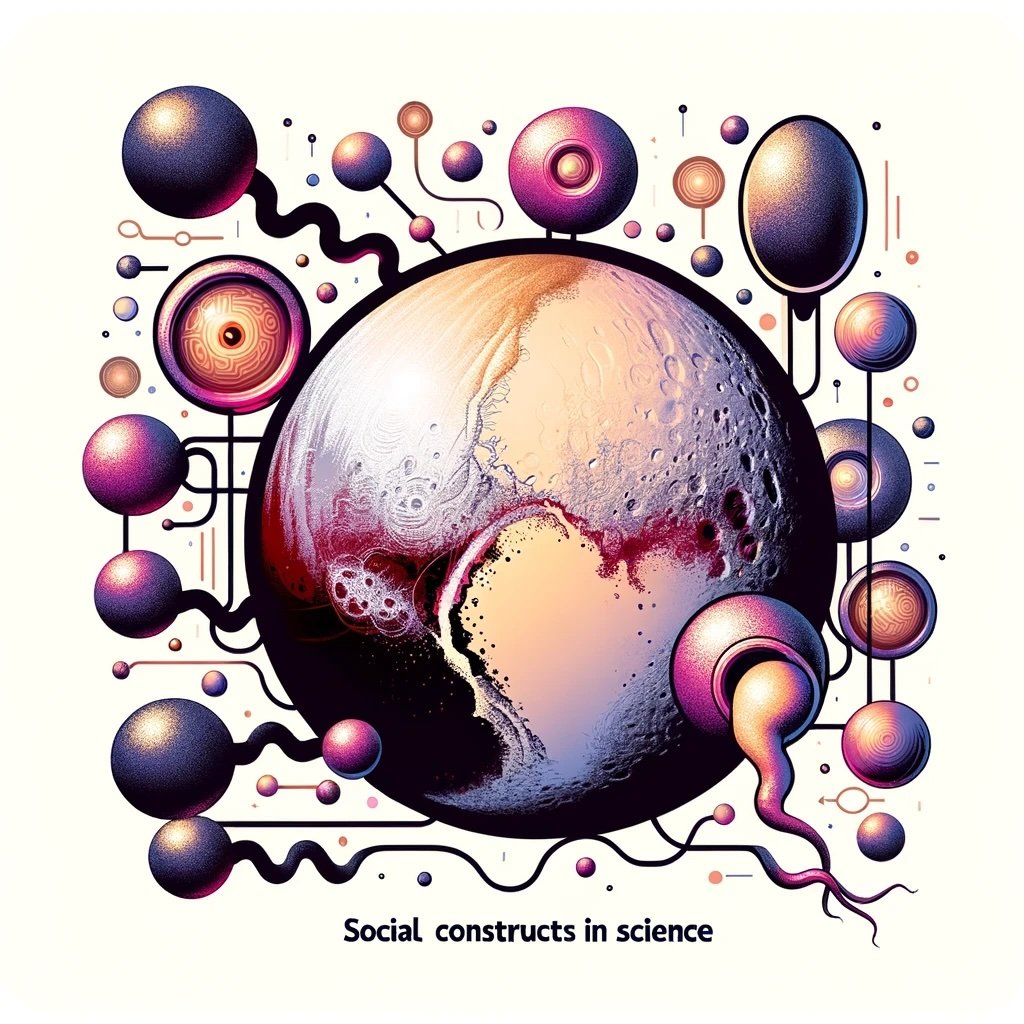
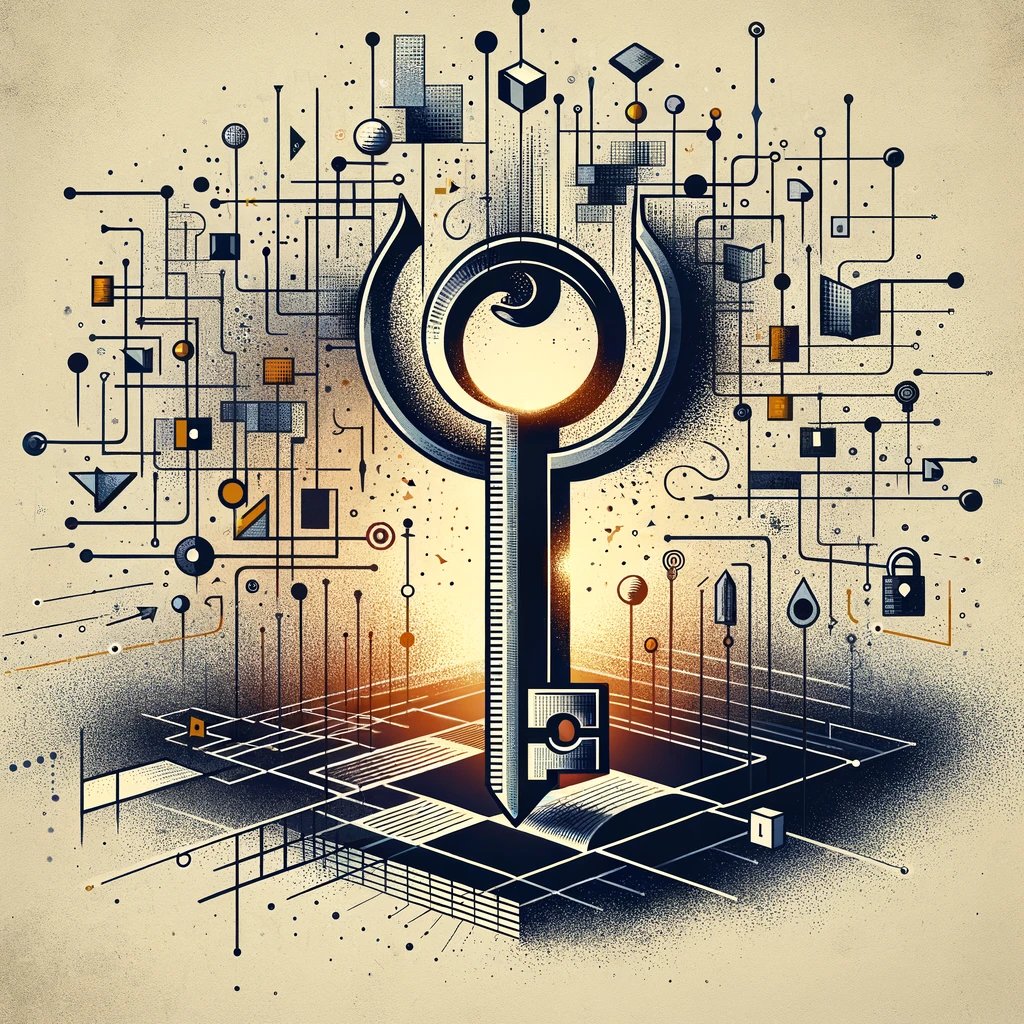










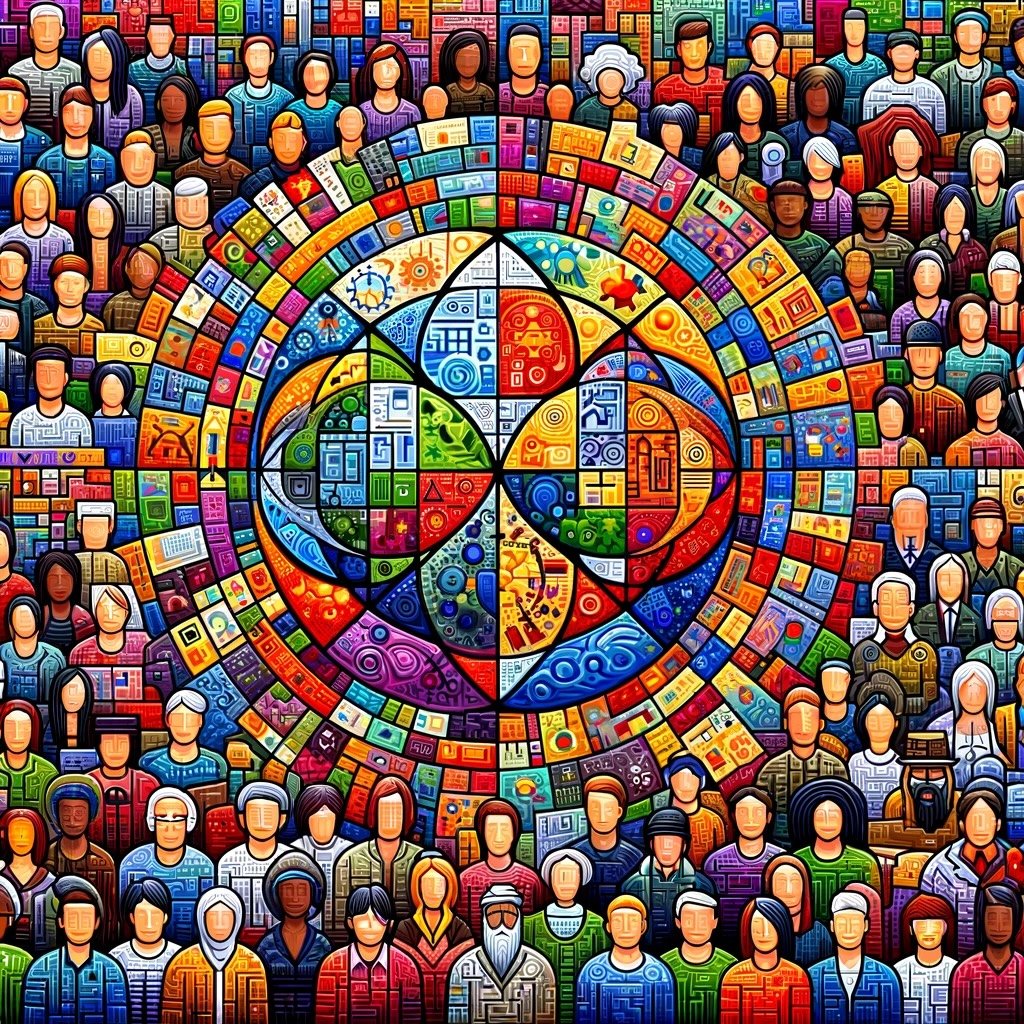







At long last I can share this: my next book, A Logician’s Code of Conduct, now has a page on the McGill-Queen's University Press site. It looks at how we might use logic more fairly in everyday life, drawing on feminist, queer, and post-colonial work, and it proposes a kind of code of conduct for our interactions that aims to avoid logical injustice.